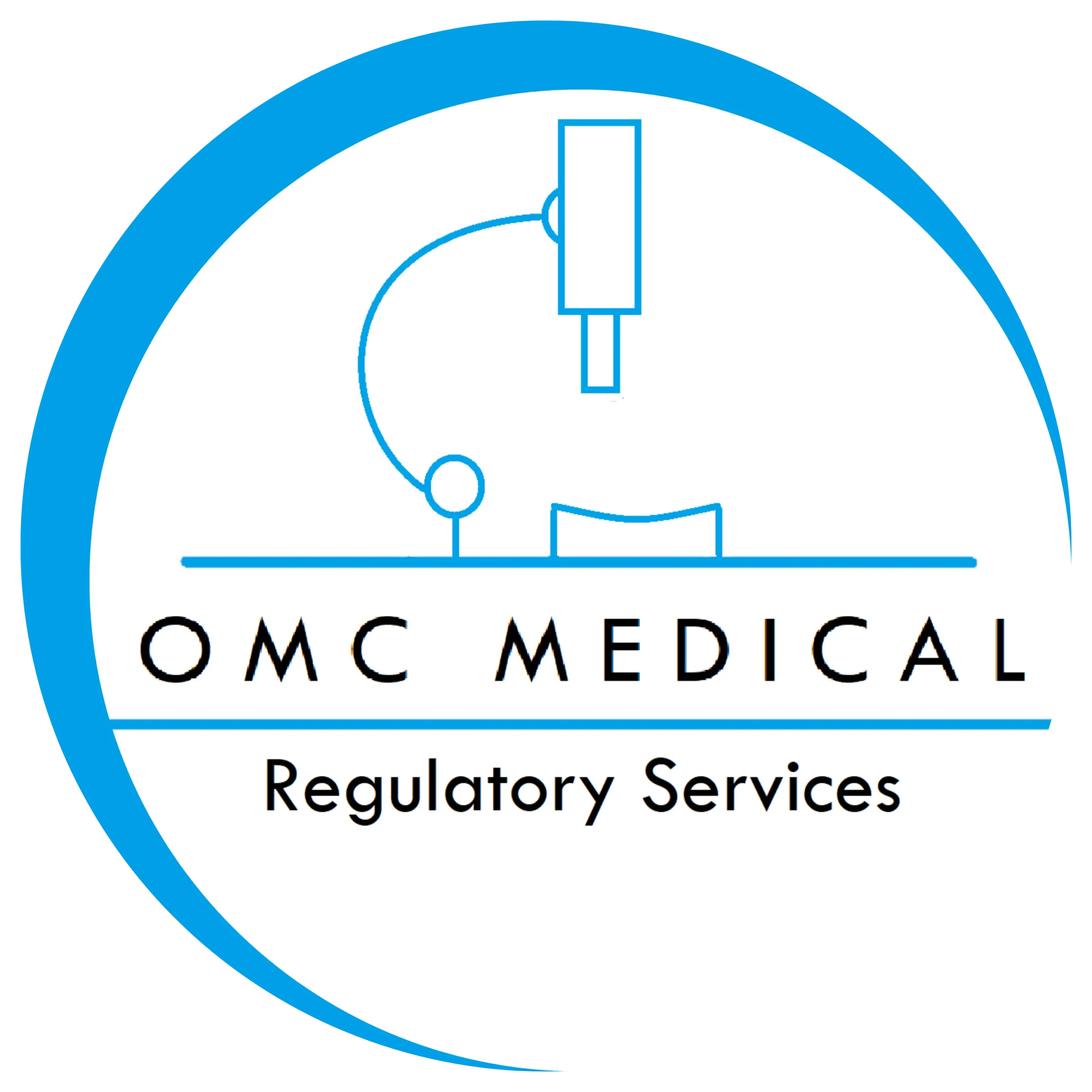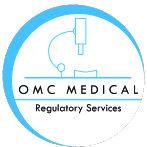Canada Cosmetic Product Registration
Canada Cosmetic Product Registration
COSMETIC REGISTRATION IN CANADA
Regulatory Authority
- Health Canada
Link for Regulatory Authority
https://www.canada.ca/en.html
Local Regulation
- Food and Drugs Act and Cosmetic Regulations
Who can Register?
- Manufacturer
- Importer
- Third party agent
Data to be Communicated
- The name and address of the manufacturer that appears on the label of the cosmetic.
- The name under which the cosmetic is sold.
- The function of the cosmetic.
- A list of the cosmetic’s ingredients and, for each ingredient, either its exact concentration or the concentration range that includes the concentration of that ingredient:
- The form of the cosmetic.
- The name and address in Canada of the manufacturer, importer, or distributor.
- If the cosmetic was not manufactured or formulated by the person whose name appears on the label, the name and address of the person who manufactured or formulated it.
- The name and title of the person who signed the Notification.
Process to Register Cosmetic Product
There is no pre-market registration for cosmetics that would lead to the official approval for sales in Canada, but all cosmetic products placed on the Canadian market, whether manufactured in Canada or abroad, must be notified to Health Canada using the Cosmetic Notification Form (CNF) within ten days of being placed on the market.
A notification on a form obtained from the Minister and signed by the manufacturer or importer or a person authorized on their behalf, advising whether they intend to continue sales of the cosmetic in Canada.
The completed Cosmetic Notification Form (CNF) provides specific product information to Health Canada, including:
- Address and contact information of the manufacturer(s), importer(s), distributor(s), and formulator(s)
- The function of the cosmetic
- Form of the cosmetic (for example, cream and gel)
- Ingredients of the cosmetic
- The concentration of each ingredient
Timeframe and Fees
New Notification – 10 days
Amendment – 10 days
Discontinue sale – 10 days.
There is no fee associated with the cosmetic notification process.
Additional Information
The Consumer Packaging and Labelling Act and its accompanying Regulations
The Consumer Packaging and Labelling Act and Regulations require details to be featured on the label of pre-packaged cosmetic items.
These encompass:
- Clearly stating the product’s identity in both English and French.
- Providing the product’s net quantity using metric units of measure, presented in English and French.
- Including the dealer’s identity and principal place of business for identification purposes.
The Act and accompanying Regulations also tackle deceptive representations of products and the standardization of container sizes.
The Consumer Packaging and Labelling Act and its Regulations specifically oversee cosmetic products sold directly to consumers. They do not extend to cosmetics used by professionals like cosmeticians or hairdressers on their clients, unless these professionals sell the cosmetics as pre-packaged products to their clients.
Before notifying your product, check the Cosmetic Ingredient Hotlist, which contains lists of prohibited and restricted ingredients for use in cosmetics in Canada.
If any of the ingredients in your product requires warning statements, it’s critical to include the product label (as a separate document) with the notification form.
On the outer label, the declaration of product identity must appear in both English and French on the principal display panel. The declaration must contrast both with the background of the label and all the other information on the label.
Restriction on the practice of conducting animal testing for cosmetics
This prohibition encompasses testing substances, ingredients, and final cosmetic products when the aim is to fulfil regulatory obligations outlined in the Food and Drugs Act or its associated regulations, notably the Cosmetic Regulations. For instance, it forbids animal testing in Canada to verify the safety of a cosmetic product intended for specific demographics like infants.
Likewise, it extends to testing conducted to comply with safety mandates of foreign laws concerning cosmetics. For example, manufacturers are barred from conducting animal testing in Canada to gather data for proving the safety of cosmetics to meet regulatory criteria in another nation.
It’s important to note that this restriction does not prevent animal testing for purposes unrelated to meeting requirements under the Food and Drugs Act for cosmetics or safety requirements under foreign legislation. This includes testing substances for use in pharmaceuticals or other non-cosmetic products.
Quick Contact
If you have any questions or need help, feel free to contact with our team.
©2024 OMC Medical, All Rights Reserved. With Love by 7oroof.com

Our team will be happy to respond your queries. Contact us directly with your questions or for scheduling FREE consultation and we’ll be in touch as soon as possible.
Quick Contact
If you have any questions or need help, feel free to contact with our team.

Our team will be happy to respond your queries. Contact us directly with your questions or for scheduling FREE consultation and we’ll be in touch as soon as possible.
Quick contact
- info@omcmedical.co.uk
-
0044 7719761764
0044 2080667260 - Planet House, North Heath Lane, Horsham, West Sussex RH12 5QE

Our team will be happy to respond your queries. Contact us directly with your questions or for scheduling FREE consultation and we’ll be in touch as soon as possible.
Our Branches
- Switzerland
- Europe (Northern Ireland)
- Asia
- Canada
- Brazil
- Middle East
- China
- Turkey (Partner Office)

To launch a medical device in a country, medical devices must comply with the local country’s regulatory requirements. Let us be your trusted partner in bringing your medical devices to the Global market. Contact us today to learn more about how we can assist you in every step of the way.
Our Branches
- Europe
- Asia
- Africa
- Oceania
- South America
- North America
- Planet House, North Heath Lane, Horsham, West Sussex RH12 5QE
- Planet House, North Heath Lane, Horsham, West Sussex RH12 5QE


